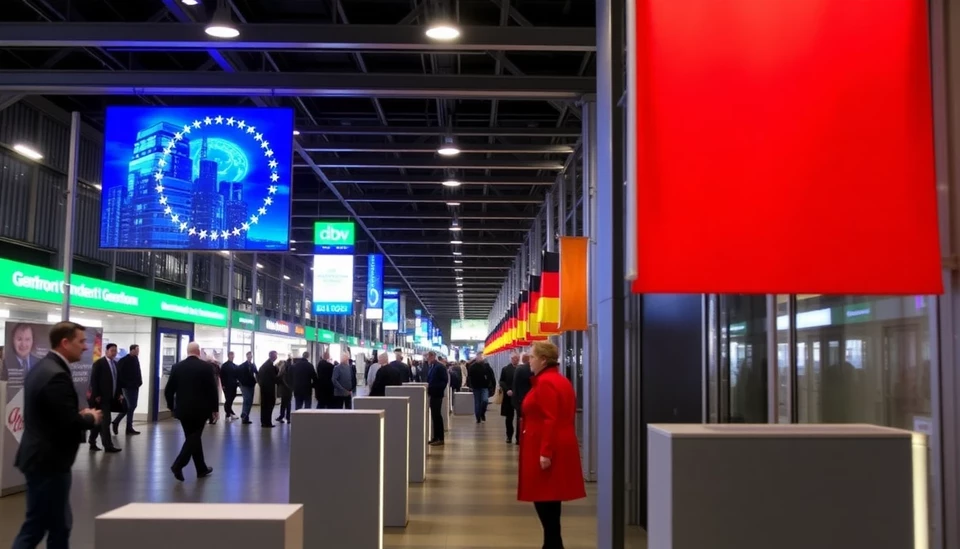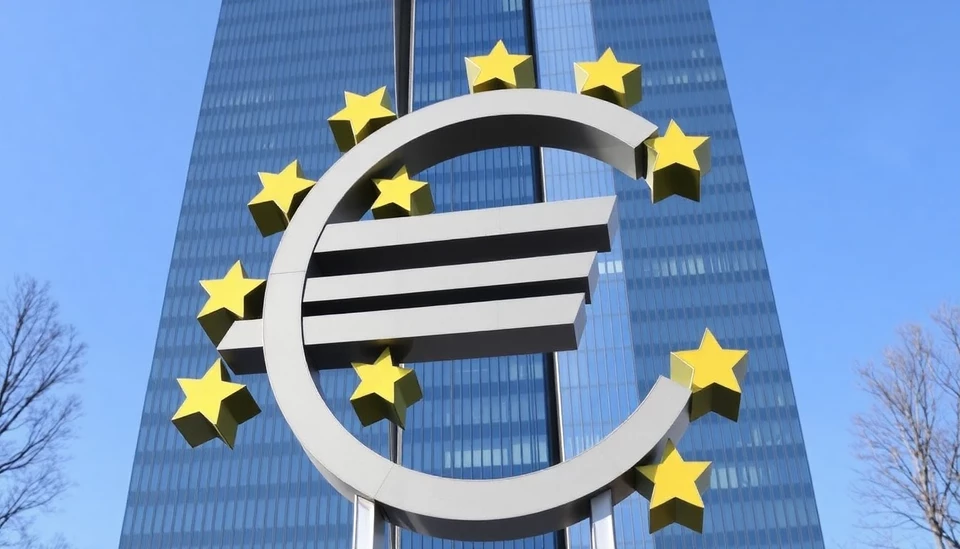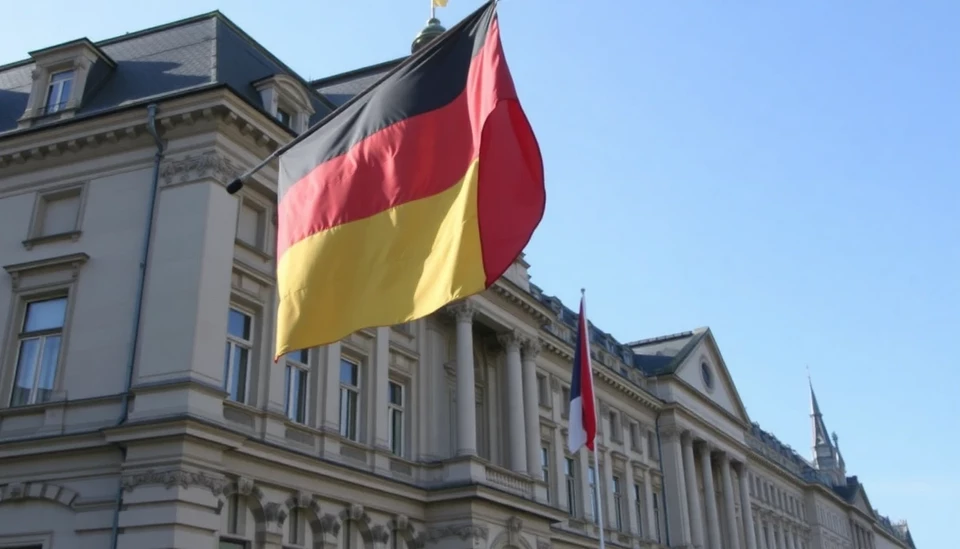
In a promising turn of events, data released recently indicates a notable uptick in Germany's private sector activity, raising hopes for a stronger economic environment ahead of the upcoming elections. This development comes at a critical time, as policymakers and businesses alike are keenly observing the economic landscape's evolution in the run-up to the polls.
The latest figures reveal that substantial increases in service sector output have contributed significantly to this positive trend. The expansion within this key segment suggests that businesses are recovering from prior downturns, as consumer confidence appears to be stabilizing. This boost not only paints a favorable picture of immediate economic conditions but also offers a sense of optimism for a smoother transition into the electoral period.
Analysts note that the improvement in private sector activity could have profound implications for the electoral process, as economic performance tends to heavily influence voter sentiment. The enhanced output may bolster the standing of the ruling party, providing them with substantial momentum going into the elections. As these key indicators continue to trend positively, the stakes grow higher for political leaders to address economic policies in a manner that resonates with constituents.
In conjunction with the positive data, assessments of business sentiment reveal a growing optimism among stakeholders. Firms are expressing intentions to maintain or increase their workforce, hopeful that the recent improvements in activity will lead to sustained economic growth. This eagerness from businesses to invest in human capital suggests a broader recovery effort, likely driven by the anticipation of electoral outcomes.
However, while the current data reflects uplifting trends, experts urge caution. There remain myriad challenges that could hinder continued growth, including potential geopolitical uncertainties and supply chain disruptions that have impacted various sectors across Europe. As such, the government is being called upon to implement measures aimed at stabilizing the economy and safeguarding it from external shocks, thereby ensuring that the progress made is not short-lived.
Additionally, stakeholders are concerned about inflationary pressures that could arise as demand continues to ramp up. Policymakers face the critical task of balancing economic stimulation with measures to keep inflation in check, ensuring that the economic gains translate into lasting benefits for the populace rather than temporary fluctuations in activity.
As we move closer to the elections, the interplay between economic performance and political strategy will undoubtedly shape the narrative in Germany. It remains to be seen how candidates will leverage these positive indicators in their campaigns, as they seek to resonate with the electorate's priorities amidst a backdrop of economic recovery.
In summary, the recent improvement in Germany's private sector activity signals a potential turning point for the country’s economy, one that could significantly influence the forthcoming elections. Stakeholders across the board are watching closely, keen to see whether this momentum can be maintained and built upon in the coming months.
#GermanyEconomy #PrivateSectorGrowth #Elections2025 #EconomicRecovery #BusinessSentiment #VoterInfluence #ConsumerConfidence #InflationConcerns
Author: Rachel Greene




